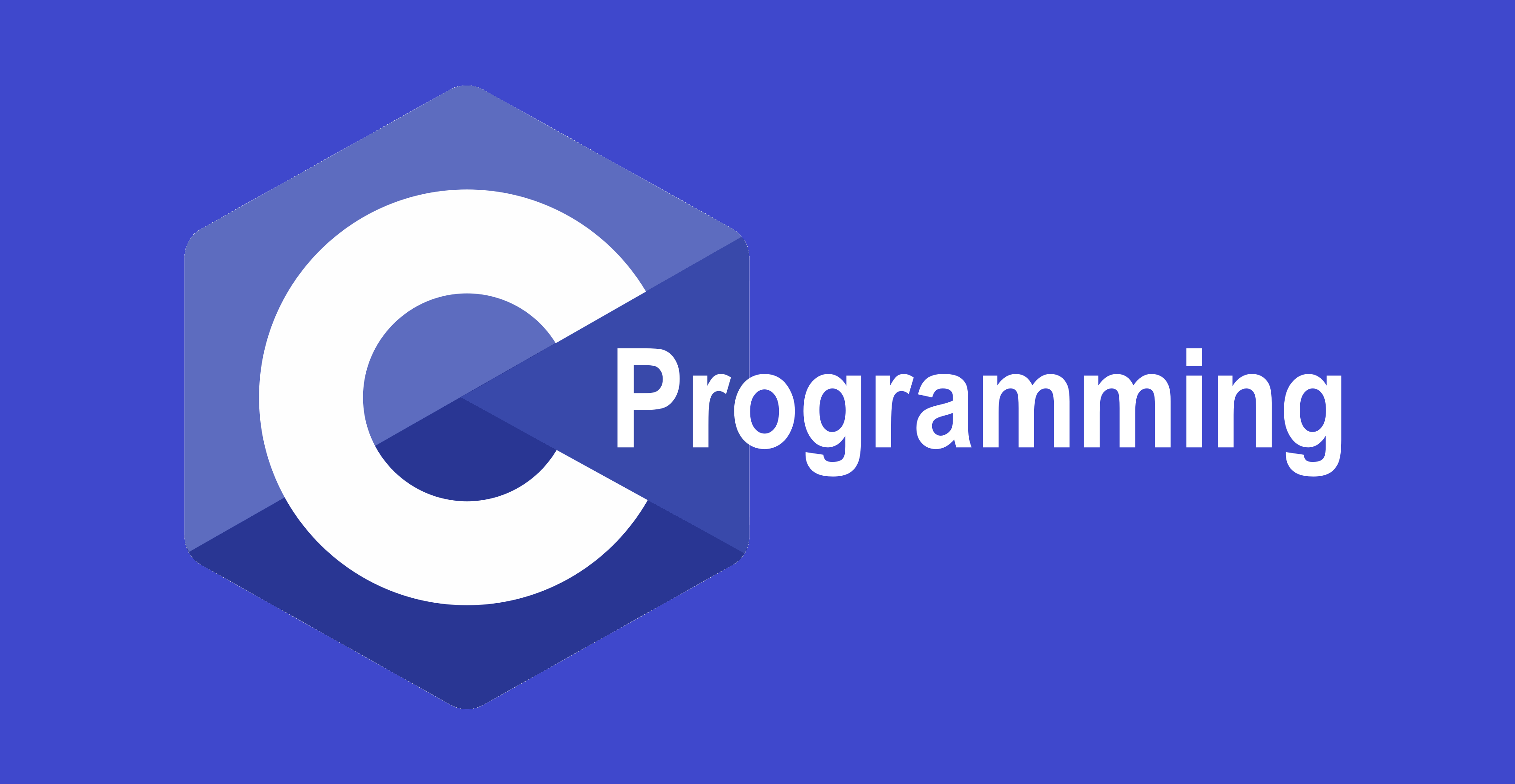C Course Content
Basic of C Programming
- Data Types, Variable
- Operators & Types
- Arithmetic operators
- Relational operators
- Unary operators
- Logical operators
- Ternary operators
- Preprocessor Directives Input and Output Operators
- Reading/Writing Characters
- Formatted input/output Function
Conditional Statements
- The IF.....ELSE Statement
- IF......ELSE ladder
- Nesting of IF.....ELSE Statements
- Practical Implementation If-Else
- The switch case Statements
- Practical Implementation switch case
Control Statements
- The do-while loop
- The while loop
- FOR loop
- Practical Implementation loops
- Programs on Loops
Function in C
- Function Basics
- Types of Functions
- Predefined functions
- User defined functions
- Advantage of Function
- Recursion
- Argument passing inside functions
- Functions call by value
- Functions call by address
Pointers in C- Basic
- Overview of Pointers
- Use of pointers
- Pointer variable declaration
- Address access through pointers
- Concept of value@- *PTR
- Important points about pointers
- Size of pointers in C programming
Pointers in C- Advance
- Pointer and Arrays
- Pointers and Character String
- Pointers to Functions
- Pointers and Structures
Array in C
- Array : What and Why?
- One Dementions Arrays
- Need of Array
- Array basic programs implementation
- Array initialization using for loop
- Array with pointers and functions
- Two Dementions Arrays
- Multi Dimentions Arrays
- Dynamic Arrays
String Handling
- Overview of String in C
- Reading String from Terminal
- Writing String to console screen
- String Handling Functions - string.h
- gets() & puts() functions
Structures and Unions
- Defining a Structure
- Advantage of Structure
- Size of Structure
- Arrays of Structures
- Structures and Functions
- Defining Unions
Dynamic Memory allocation
- Introduction to Dynamic Memory Allocation
- Malloc
- Calloc
- Realloc
- Frees
File Handling in C
- Introduction to File Management
- Opening/Closing a File
- Input/Output operations on Files
- Error Handling During I/O Operations
- Command Line Arguments
- macros in C
Project Development in C programming
Benefits of C Programming Training
- Complete code explanation and implementation
- Course Starts from installation of technology to deployment of product
- Trainers from Industry with good hand on experience
- You can develop your own programs after understanding the basics with our experienced Faculties
- Weekdays, fast track and weekend Batches
- Certificate after Successful completion of Training
- Online and Offline material support for better learning
- Software and Installation support will be provided
- Regular Machine Test for better understandings
- Free Live Project Support to all participants
- Industry Exposure via Live Troubleshooting
- Guaranteed placement to meritorious students
Required Software/ Platforms for C Training
- Microsoft Visual Studio Express for windows
- Tiny C Compiler (TCC) for GNU/Linux, Windows, Unix, OS X
- Turbo C
